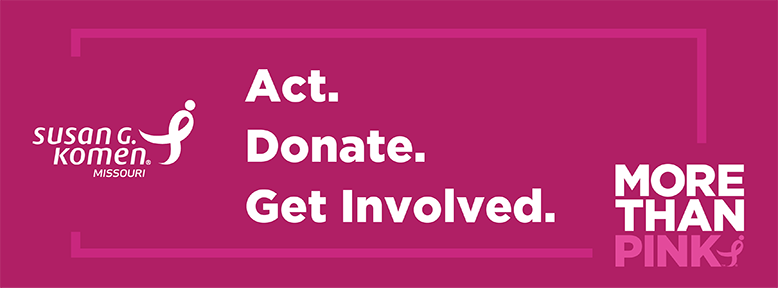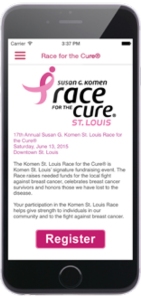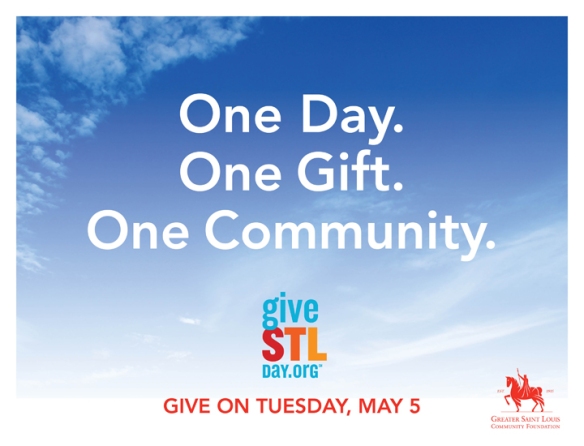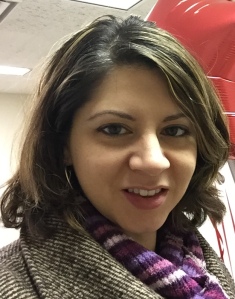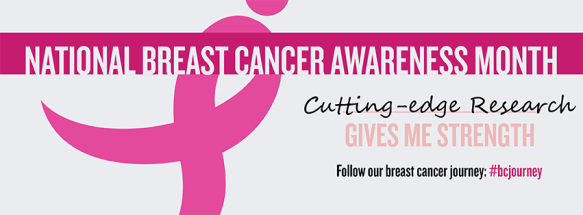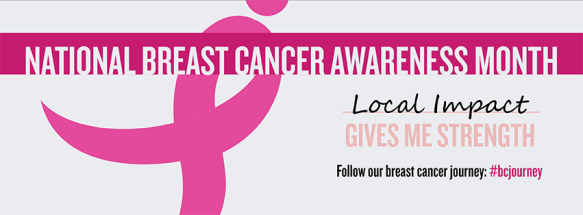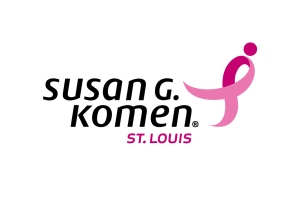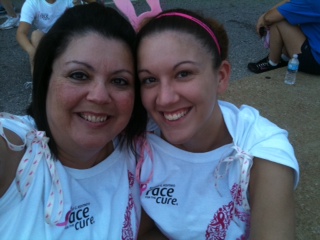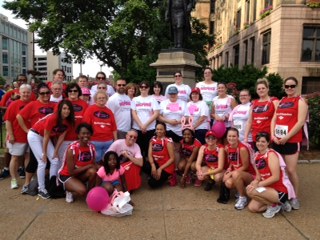The fear of breast cancer is something that’s haunted Jodi Roberts, 49, of Fredericktown, MO, for nearly 30 years. “It’s like I’ve been living my adult life, constantly looking over my shoulder, just waiting for it to find me. Deep down, I always knew it would show up someday,” she said.
Jodi has a strong family history of breast cancer. Two of her aunts battled the disease. One survived, and the other didn’t. Jodi’s mother was diagnosed at the age of 44, and elected to undergo a mastectomy of the one breast. However, the cancer soon returned in the other breast. This time, it was much more invasive, leaving her with a grim prognosis. Sadly, she lost her battle at age 46.
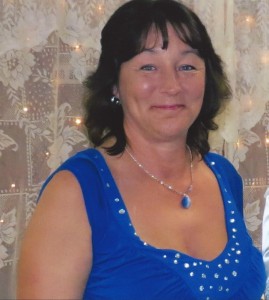
Jodi Roberts
Jodi was only 21 at the time, but she remembers it well. “It was hard to watch my mother suffer from breast cancer, but it also reminded me that I needed to be proactive when it came to my own breast health,” she said.
Jodi kept her commitment to her health, undergoing mammograms every year, starting when she was in her thirties. Due to financial constraints, Jodi has relied on the services of the Missouri Baptist Medical Center digital mammography van and the hospital’s “Reaching the Underserved” program.
Funded by a Susan G. Komen® St. Louis grant for the past 13 years, the Missouri Baptist Breast HealthCare Center’s “Reaching the Underserved” program provides the hospital with resources to support uninsured and underinsured at-risk women (ages 40 to 64) throughout the region. Services are provided at the hospital’s main campus in Town & Country and on its digital mammography van, which travels to neighborhoods across St. Louis and rural towns throughout Missouri. Follow-up breast health services are provided at Missouri Baptist for women with mammography abnormalities.
“Jodi started undergoing her annual screening mammograms with our outreach program in 2010,” said Theresa Taylor, an outreach coordinator for the Missouri Baptist Breast HealthCare Center and a two-time breast cancer survivor. “With our program, we educate women by emphasizing the importance of early detection and how annual mammography screenings can save your life, especially someone like Jodi with such a strong family history.”
In September 2014, Jodi had her annual mammogram on Missouri Baptist’s digital mammography van when it traveled to Fredericktown. A couple weeks later, she received a letter indicating there was an abnormality in her left breast, which required further testing. So Jodi underwent a diagnostic mammogram and an ultrasound; however, the results were inconclusive. That’s when the medical team at Missouri Baptist recommended a biopsy.
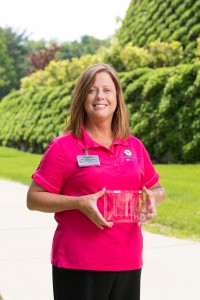
Theresa Taylor
On December 5, 2014, Jodi was told the news she had feared for almost 30 years: she had breast cancer. “Even though I wasn’t surprised about my diagnosis, I was still nervous about what was to come. I’ve seen the effects of breast cancer firsthand,” said Jodi.
Jodi then met with Paul Yazdi, MD, FACS, a breast surgeon and surgical director of the Missouri Baptist Breast HealthCare Center, to discuss her diagnosis, treatment options and prognosis. Although Jodi’s breast cancer was stage zero, it was also triple negative, so hormone treatments weren’t an option.
“After watching my mom suffer, I knew having a mastectomy would be the best decision for me. I also didn’t want to take any chances, so I opted for a double mastectomy,” said Jodi. “The last thing I want to worry about is having it come back in the other breast like it did with my mom.”
Dr. Yazdi supported Jodi’s decision, and on January 13, 2015, he performed a successful bilateral mastectomy on Jodi. Her recovery went very smoothly with no issues. More importantly, the breast cancer was contained within the ducts and completely removed. “I am really lucky, because we caught it early. I am living-proof that early detection saves lives,” said Jodi.
Jodi’s breast cancer services – two mammograms, ultrasound and biopsy – were covered by the Komen St. Louis-funded “Reaching the Underserved” grant program. Without this program, Jodi would not have been able to afford the cancer care she needed.
“I am very grateful to the medical team at MoBap’s Breast HealthCare Center. They made the entire process so much easier, holding my hand from the very beginning, explaining all of the treatment options, and helping me find the financial support I needed,” said Jodi. “And of course, I am very thankful for my wonderful husband, Lee, who has been my rock throughout this entire journey.”
The future looks bright for Jodi. Thanks to regular screenings, she is confident that she avoided the same fate as her mother. She is also confident that her daughter, Amanda, 26, will be just as proactive about getting her annual mammogram when the time comes. Jodi hopes that by sharing her story, women – including those who are uninsured and underinsured – will better understand the value of annual mammograms. According to Jodi, “it’s the best defense in the fight against breast cancer.”
“I am blessed to be in this position to offer these breast health services to so many women in need in our local and rural communities,” said Theresa. “Jodi is a great example of how the money raised for Susan G. Komen St. Louis is invested directly into our community to help those who need it most.”
 Fight breast cancer one bite at a time on Thursday, October 8.
Fight breast cancer one bite at a time on Thursday, October 8.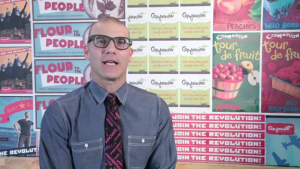 Click here to watch the Dine Out video.
Click here to watch the Dine Out video.